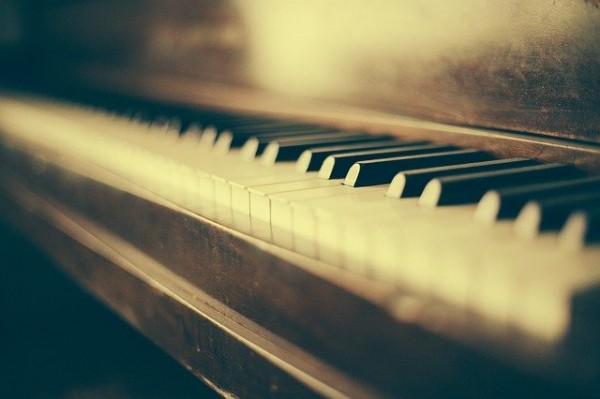Mozart’s Sonatas can Help Reduce Epileptic Seizures, Meta-Analysis Research Shows

A new comprehensive study on the effect of Wolfgang Amadeus Mozart’s sonatas on epilepsy has recently confirmed that listening to his piano music can help lessen the attacks of epilepsy.
A new comprehensive study on the effect of Wolfgang Amadeus Mozart's sonatas on epilepsy has recently confirmed that listening to his music can help lessen the attacks of epilepsy. This finding is also known as the "Mozart Effect."
The results of this comprehensive investigation of studies are presented at the ECNP congress following a peer-reviewed journal's publication. Such findings may reverse present skepticism about the effect.
Understanding that listening to Mozart's music may bring beneficial impacts on one's mental health first occurred in early study findings during the 90s decade.
Reports said several studies have also been conducted since then. However, many of these works involved small numbers of participants, "or have been of variable quality," resulting in mixed evidence, in general.
ALSO READ: Another Promising COVID-19 Vaccine Currently in the Works
Skepticism about the 'Mozart Effect'
Mixed evidence lead the "Mozart Effect" to be treated by many clinicians with some skepticism. Now, according to reports, Italian scientists, the University of Pisa's Dr. Gianluca Sesso, and Dr. Federico Sicca have held a logical investigation of works associated with the effect of Mozart's music on epilepsy.
Working based on the accepted standard approaches for examining clinical treatment, researchers looked at more than 140 published research articles, which they then analyzed according to such things are significance "and quality of the research."
This enabled them to choose 12 research articles which they collected into nine separate groups, signifying the best available science on the "Mozart Effect" on epilepsy.
Specifically, researchers discovered that listening to Mozart, particularly on a daily basis, resulted in a substantial reduction in seizures caused by epilepsy and a decreased frequency of abnormal activities in the epileptic patients' brain.
Such activity is also known as the "interictal epileptiform discharges," which are typically observed in epileptic patients.
DON'T MISS THIS: US Buys Majority of Redemsivir Global Stock in Hopes of Ensuring COVID-19 Recoveries
A Therapy Other than Drugs
Epilepsy is a common condition that affects "under one person in a hundred" globally. Meaning, it has considerable social and personal costs.
The illness is mostly treated by drugs, although some studies have shown that these medicines are not effective in around 30 percent of the epileptic patients; thus, there is a need to open other treatments.
What's important is that these treatments can be tested and presented to work, "And this is what we have shown here."
The meta-analysis specified that a period of listening to Mozart's music could give an average decrease in attacks of epilepsy, which ranges from 31 to 66 percent. However, this varies from person to person and is based on the music stimulus used.
The original research on the "Mozart Effect" employed the sonata for two pianos, K448, and this has stayed the music most utilized in different studies. Meanwhile, the K545 piano sonata has been presented as well, to have an effect.
Dr. Sesso added, "All cultures have music," and thus, it clearly "fulfills some psychological need." In addition, the Italian scientist said, the Mozart Effect's mechanisms are poorly understood.
Furthermore, this experienced researcher also explained that while other music may have the same effect, t may be that Mozart's sonatas have unique structures, particularly suited to dealing with epilepsy. Such a finding may engage several brain systems, although it would still need to be proven, said Sesso.
IN CASE YOU MISSED IT: Remdesivir Priced from $2,340 to $3,120 per Patient, Way Cheaper Than Estimated, Gilead CEO Says
Check out more news and information on the Mozart Effect on MD News Daily.
Sep 11, 2020 11:01 PM EDT





